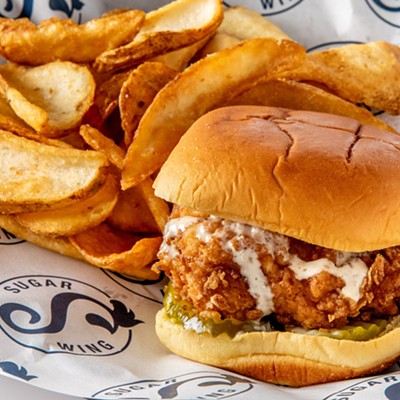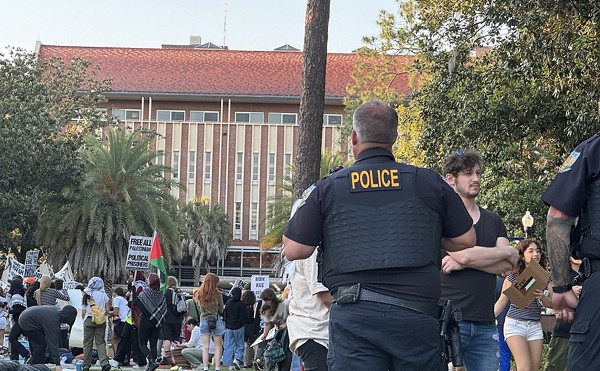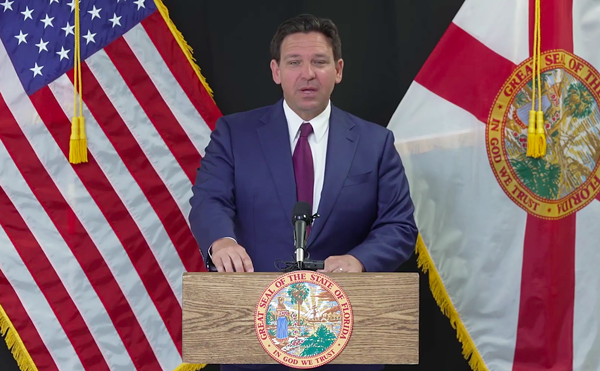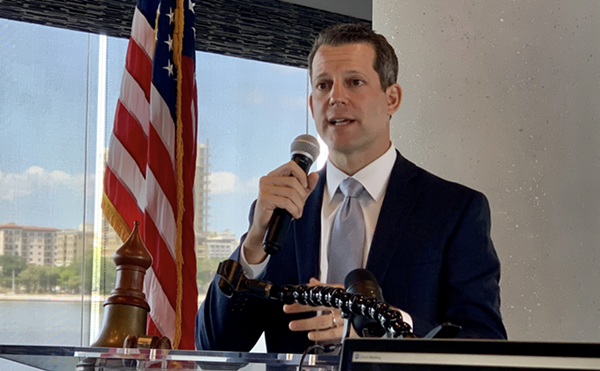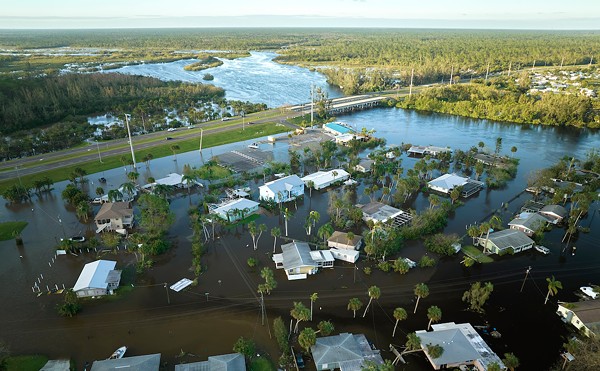Less than a year ago, the "drill baby drill" attitude towards oil seemed to be gaining momentum. But that changed on April 20, when 11 people died aboard the Deepwater Horizon drilling rig and over 172 million gallons of oil began gushing into gulf waters. Paul Horseman, marine biologist and oil expert aboard the expedition blames an overly cozy relationship between regulators and industry.
"What people saw was wrong, they saw the regulations didn't clearly work, they saw an oil company not able to deal with a major spill, all the fail-safe mechanisms didn't work, all they did to try to stop the spill didn't work," Horseman said.
Greenpeace Captain Peter Willcox captained Greenpeace's flagship, the Rainbow Warrior, when it was bombed off the coast of New Zealand over twenty years ago.
[image-1]
"Its very easy, if the oil disappears they don't have such a huge liability for the damage they are going to create over the next 20 years," Willcox said.
Willcox was astounded when he discovered that even Norway had more stringent deep sea drilling regulations than the United States.
"Why do you think the Norwegian regulations are tougher than the United States?" Willcox said.
"Because it's a drive for oil," Horseman said, "Despite what BP and other oil companies say, their whole reason to be is to get oil."
The spill isn't the only thing making headlines anymore, now the use of chemical dispersants have raised myriad issues regarding the potential long-term effects on ocean life.
"The use of dispersants in this case, and I would argue that in the future, it will have proven to be a bad technology to try to deal with this," Horseman said.
Corexit has been the most widely used form of dispersant, with over 1.8 billion gallons poured on Gulf waters to disperse oil. But Horseman warns that dispersants present not one but three potential problems; the potential affects of the dispersants, the impact of dispersants plus the oil mixture, and the impact expanded over the long-term.
"What you have to remember is dispersants are chemicals being added to oil, which is a chemical. The dispersants react to the oil by breaking it up into smaller particles. But the dispersant puts oil into the environment far quicker and so the impacts of that will be long-term," Horseman said.
[image-2]
The crew aboard the Artic Sunrise heads to Key West early Thursday to pickup their research team. From Key West, they'll head towards the Dry Tortugas before they reach the well-head. Everything from coral to sea plankton will be studied in an effort to gather data on the oil spill and cleanup's current and long-term effects.


